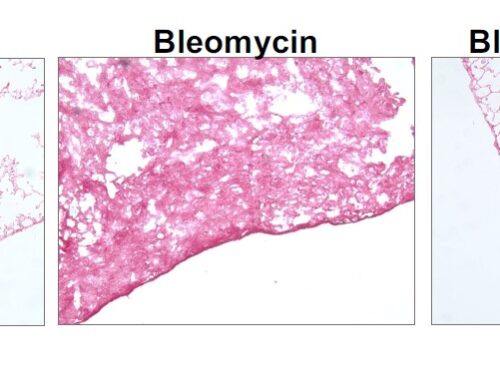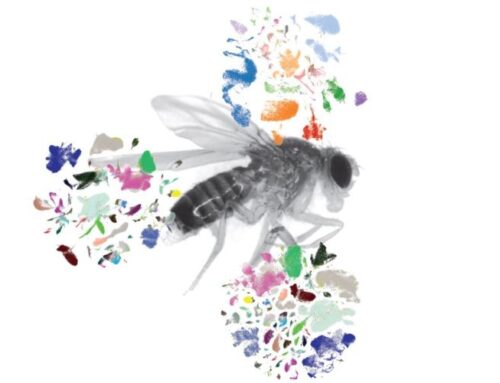Texas A&M Biology Researchers Unveil How Our Body’s Internal Clock Controls Protein Production
By: TAMU Biology
 Researchers at Texas A&M University, led by Distinguished Professor Deborah Bell-Pedersen have made significant strides in understanding how our body’s internal clock, known as the circadian clock, regulates protein production. Their study, titled “Circadian clock control of interactions between eIF2α kinase CPC-3 and0 GCN1 with ribosomes regulates rhythmic translation initiation,” has been accepted for publication in the prestigious journal Proceedings of the National Academy of Sciences (PNAS).
Researchers at Texas A&M University, led by Distinguished Professor Deborah Bell-Pedersen have made significant strides in understanding how our body’s internal clock, known as the circadian clock, regulates protein production. Their study, titled “Circadian clock control of interactions between eIF2α kinase CPC-3 and0 GCN1 with ribosomes regulates rhythmic translation initiation,” has been accepted for publication in the prestigious journal Proceedings of the National Academy of Sciences (PNAS).
The paper is now published: Preh EO, Ramirez MA, Mohan S, Guy CR, Bell-Pedersen D. Circadian clock control of interactions between eIF2α kinase CPC-3 and GCN1 with ribosomes regulates rhythmic translation initiation. Proc Natl Acad Sci U S A. 2025 Feb 11;122(6):e2411916122. doi: 10.1073/pnas.2411916122. Epub 2025 Feb 4. PMID: 39903114.
Bridging a Knowledge Gap
The study addresses a crucial question: how does the circadian clock influence the activity of a protein called CPC-3, which is controls whether the process of making proteins gets started? While previous research has focused on how this process works under stress, the role of the circadian clock in regulating CPC-3 activity was not well understood.
Key Discoveries
The researchers found that the circadian clock controls the interaction between CPC-3 and another protein, GCN1, with ribosomes (the cell’s protein-making machinery). This interaction is driven by daily fluctuations in the levels of uncharged tRNAs, molecules that play a role in protein synthesis. These findings reveal that the circadian clock helps coordinate protein production with the body’s energy levels, reducing protein synthesis during the day when energy levels are low and increasing it at night when energy levels are high.
Why It Matters
Proper regulation of protein production is vital for health. Misregulation of the activity of GCN2 (the human equivalent of CPC-3) is linked to several health disorders, including metabolic diseases, cancer, and neurodegenerative diseases. Understanding how the circadian clock controls this process can lead to better treatments that align with the body’s natural rhythms, potentially making medications more effective and reducing side effects.
Future Implications
This discovery opens new avenues for research into how our internal clock affects various aspects of health and disease. It also provides a foundation for developing time-of-day-specific treatments that align with our body’s natural cycles, improving their efficacy and safety.
For more information, please contact:
Deborah Bell-Pedersen, Ph.D. Distinguished Professor Department of Biology, Texas A&M University Email: dpedersen@tamu.edu





